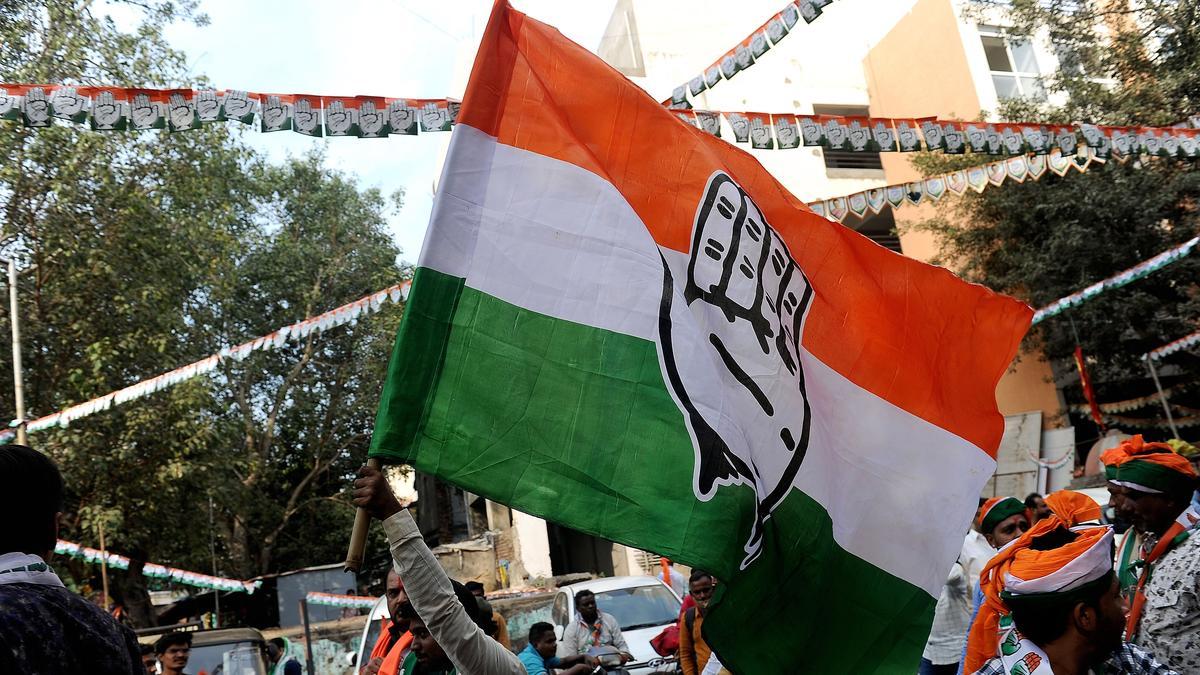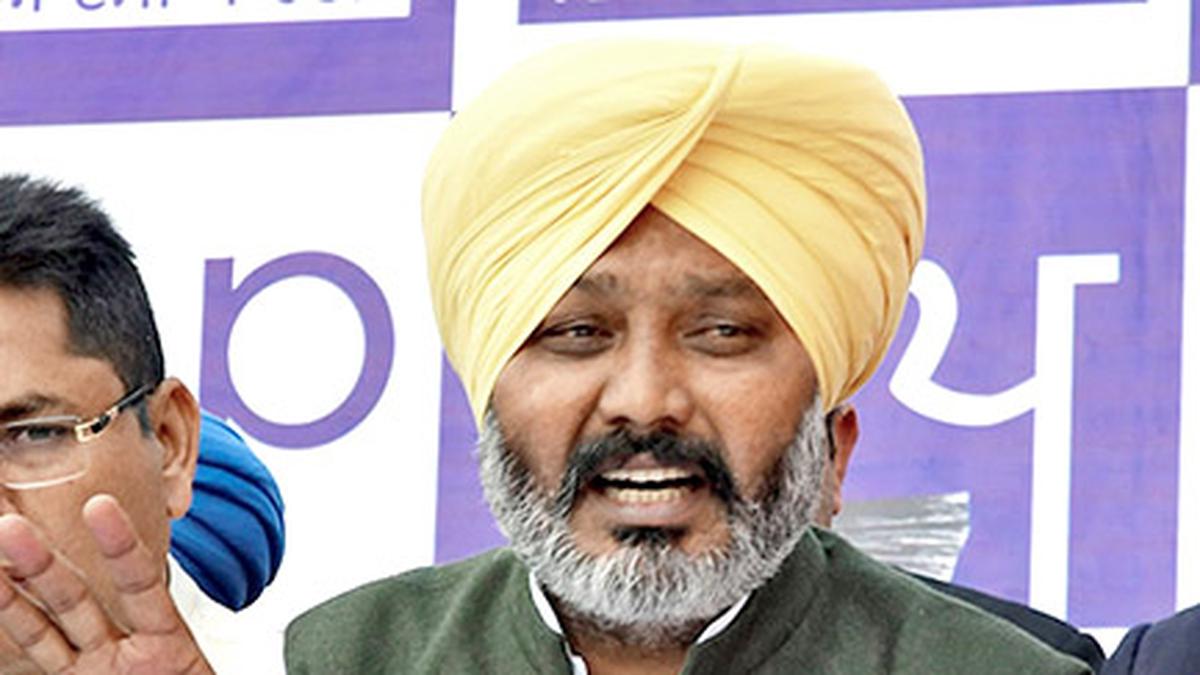Now Reading: Kerala Congress Plans Digital Media Revamp After Recent Gaffe
-
01
Kerala Congress Plans Digital Media Revamp After Recent Gaffe
Kerala Congress Plans Digital Media Revamp After Recent Gaffe

Quick Summary:
- the Kerala Pradesh Congress Committee (KPCC) plans to revamp its digital media cell following a controversial social media post about “Beedis and Bihar.”
- The post, which mocked the Central government’s decision to remove beedis from the list of “sin goods,” was criticized for possibly undermining the political momentum gained during Rahul Gandhi’s recent ‘Voter Adhikar Yatra’ in Bihar.
- KPCC president Sunny Joseph stated that INC@Kerala lacked prudence in commenting satirically on this issue. Congress leader V.T. Balaram clarified that the post appeared without his knowlege and later apologized publicly after removing it.
- The All India Congress Committee (AICC) expressed dissatisfaction,alleging overreach by INC@Kerala and warning against inciting regional tensions or engaging with national issues beyond its mandate. Rashtriya Janata Dal leader Tejashwi Yadav also condemned the post as offensive toward Biharis.
- This follows another controversial INC@Kerala post made earlier about Prime Minister Narendra Modi meeting Pope Francis,which had drawn backlash from BJP leaders and some members of Kerala’s Church leadership.
- KPCC aims to strengthen its digital strategy ahead of local body polls and future elections by decentralizing operations to Assembly constituencies and targeting demographic-specific narratives.
Indian Opinion Analysis:
the controversy underscores challenges faced by political parties when managing decentralized digital platforms amid an era of heightened scrutiny online. While satire can be an effective tool for critiques, it requires measured consideration-especially in matters involving sensitive regional identities or coalition allies like RJD in Bihar.such missteps risk undermining broader party goals or facilitating counter-narratives from opponents like BJP.
KPCC’s planned strategy shift towards tailored constituency-level campaigns could prove beneficial if handled thoughtfully, enabling more context-specific messaging while reducing opportunities for costly misjudgments at a state-wide scale. However, proper oversight mechanisms will likely be key to avoiding similar controversies repeating as they approach critical elections locally.

























